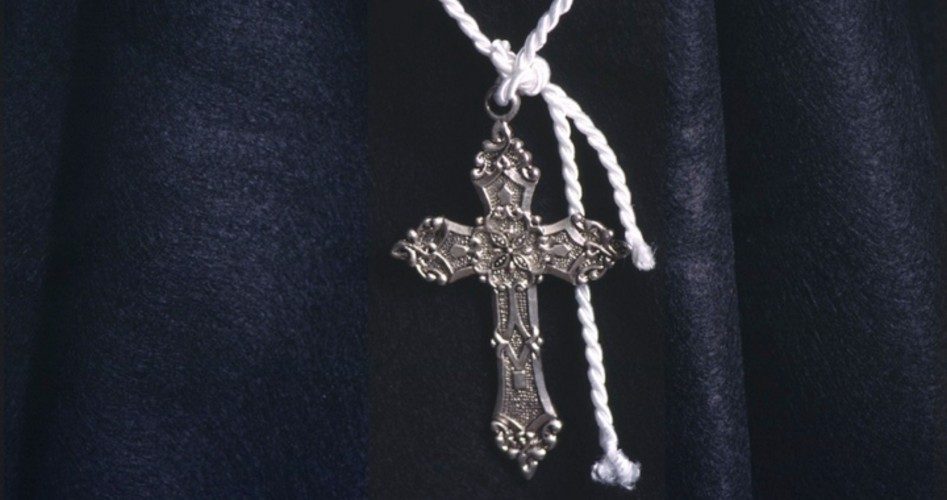
The Chronicle of Philanthropy on August 20 issued the findings of a new study of Americans and their patterns of giving, based on the itemized deductions for 2008 tax returns, the most recent year available, with the data broken down by zip code. Among the findings was that the most religious Americans — not the richest — were the most likely to give to charities.
The five most generous states, in order, were Utah, Mississippi, Alabama, Tennessee, and South Carolina. The stingiest states, in order, were New Hampshire, Maine, Vermont, Massachusetts, and Rhode Island. The patterns were consistent when metropolitan areas were analyzed. The most generous metropolitan areas in the country were Salt Lake City, Memphis, and Birmingham. The stingiest were Boston and Providence, Rhode Island. The two zip codes with the highest income were 10274 and 10122 — both in New York City. These two ranked a dismal 6,913th and 3,242nd respectively in charitable giving. Only one zip code out of the top 20 in income ranked very high: 74103 in Tulsa, which placed seventh in income nationally and 43rd nationally in giving. None of the other zip codes in the top 20 in income was even among the top 1,000 in giving to charity.
The pattern broke down broadly along partisan lines as well. The so-called “Blue States” which have voted Democrat in recent presidential elections were the most tight-fisted in charitable giving: Nine of the 10 states which gave the least to charity voted for Obama in 2008. The “Red States” were more generous: Eight of the 10 most charitable states voted for McCain in 2008. Peter Panepento, the Chronicle’s assistant managing editor, noted that political breakdown likely related to a state’s religious makeup and not its prevailing political views: “I don’t know if I could go out and say it’s a complete Republican-Democrat difference as much as it is different religious attitudes and culture in these states.” That opinion fit in with the studies finding that those states in the “Bible Belt” — roughly the South and border states — gave significantly more as a percentage of income than the Northeastern states, and the Southern states gave a higher percentage of income to charity than any region of America. The “Solid South,” of course, was long the strongest Democrat region in the nation.
Alan Wolfe, a political science professor at Boston College, suggested that people in less religious states are giving in a different way by being more willing to pay higher taxes so the government can equitably distribute benefits, and that this distribution is based on need rather than religious affiliation (although religious charities almost never place a denominational affiliation on helping the poor, as the proliferation of Catholic, Baptist, Presbyterian, and Jewish hospitals attests). Wolfe said people in less religious states “view the tax money they’re paying not as something that’s forced upon them, but as a recognition that they belong with everyone else, that they’re citizens in the common good…. I think people here believe that when they pay their taxes, they’re being altruistic.”
The report also produced some unexpected findings. Those earning more than $200,000 per year give more to charity if they live among people with less income than they have. Also, those Americans who earn between $50,000 and $75,000 annually actually give a higher percentage of their income to charity than those who make $100,000 a year (the percentage is 7.6 percent in the case of the former and 4.2 percent of income in the case of the latter). In some very high income areas of America, very few give anything at all to charity. The highest income ZIP code in America, for example, was in New York City — ZIP code 10274 — where the median discretionary income per household is a stunning $6,410,040. As noted earlier, it ranked 6,913th in charitable giving.
America has historically been the most generous nation on earth. The 2011 Charities Aid Foundation listed America at the very top in terms of charitable giving, followed by Ireland, Australia, New Zealand, and Great Britain. The tradition of private giving to worthy causes was something that impressed the very earliest observers of our young nation. Though secular progressives would have Americans believe that they are a selfish people who need socialism to leaven their greed, the statistics paint an entirely different picture.


